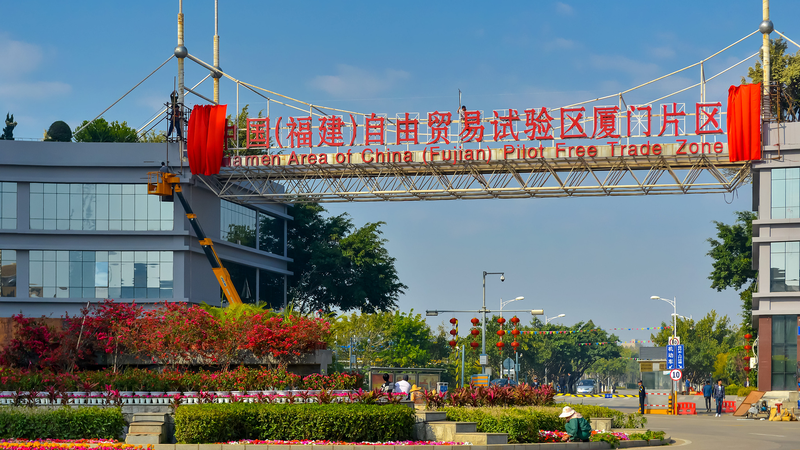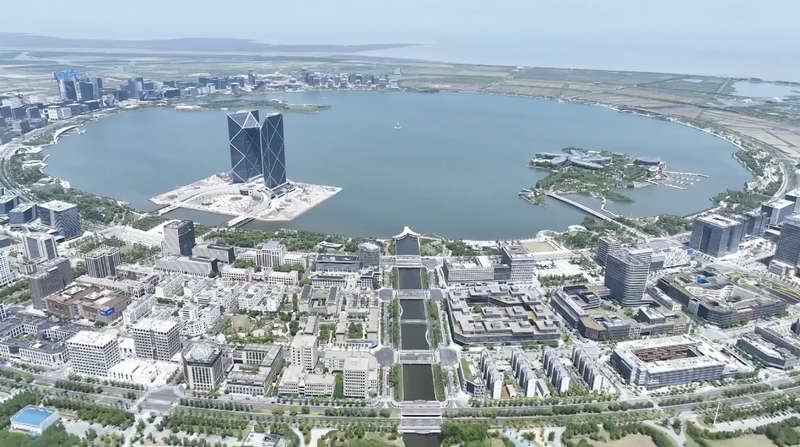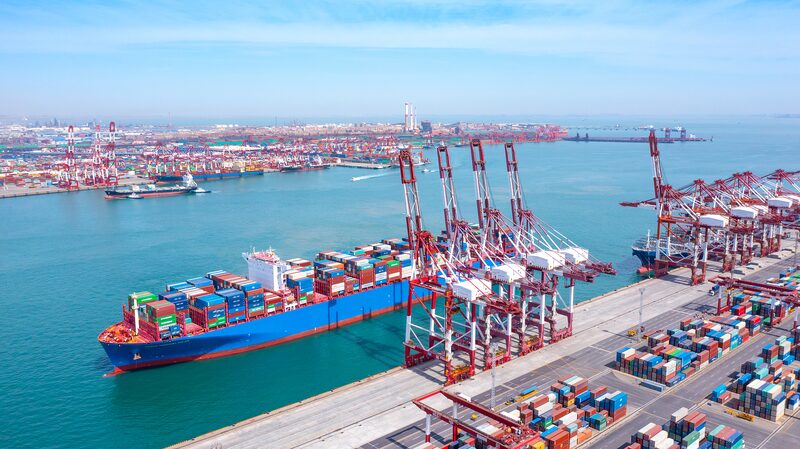China has introduced sweeping reforms to enhance its pilot free trade zones (FTZs), aiming to deepen global economic integration and foster innovation-driven growth. The guideline, jointly issued by the Central Committee of the Communist Party of China and the State Council, outlines strategies to modernize trade practices, streamline cross-border investments, and position these zones as hubs for cutting-edge industries.
Key Features of the FTZ Upgrades
The plan emphasizes trade optimization, including simplified customs procedures for medical R&D materials and food with medicinal value. Digital transformation takes center stage, with measures to adopt blockchain-powered billing systems and electronic signatures to reduce transaction costs.
Boosting Global Partnerships
Foreign investors will benefit from extended 'negative list' reforms, expanding sectors accessible for international capital. The guidelines also propose accelerated financial market openings and improved mechanisms for cross-border data flows, addressing long-standing concerns of multinational corporations.
Tech-Driven Industrial Clusters
A focal point involves creating advanced manufacturing ecosystems through coordinated R&D partnerships. The blueprint encourages FTZs to develop specialized clusters in AI, green energy, and biotechnology while strengthening intellectual property protections to attract global tech leaders.
Analysts suggest these upgrades could reshape Asia’s trade dynamics, particularly in digital services and supply chain innovation. The moves align with broader efforts to position China’s economy for high-value global partnerships amid shifting international trade patterns.
Reference(s):
China rolls out guideline on upgrading pilot free trade zones
cgtn.com








